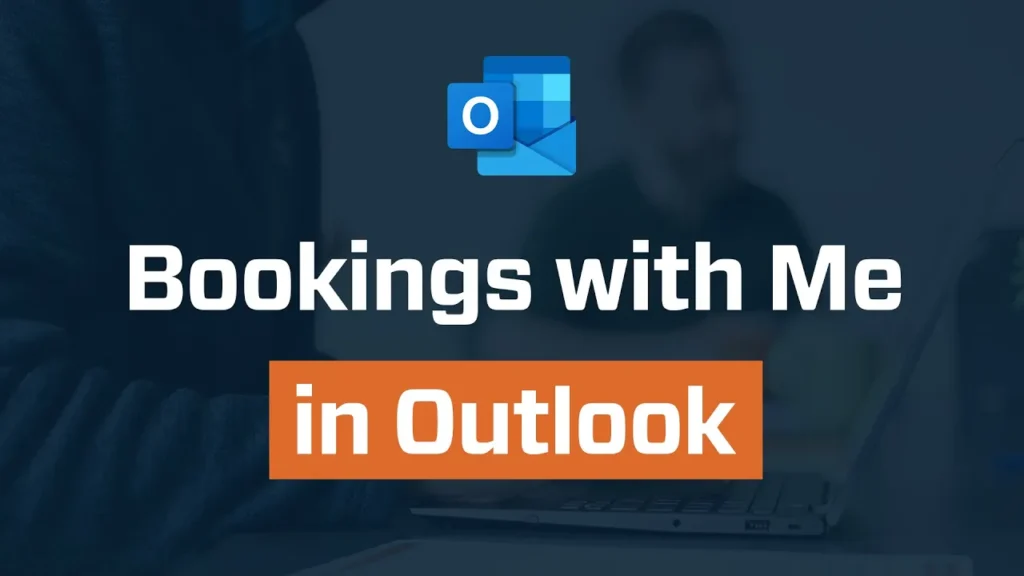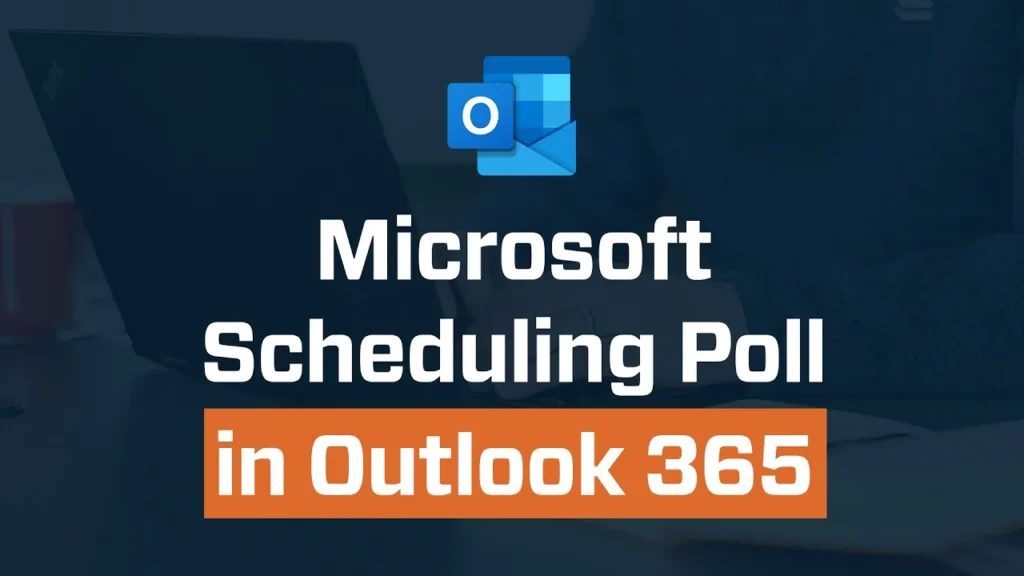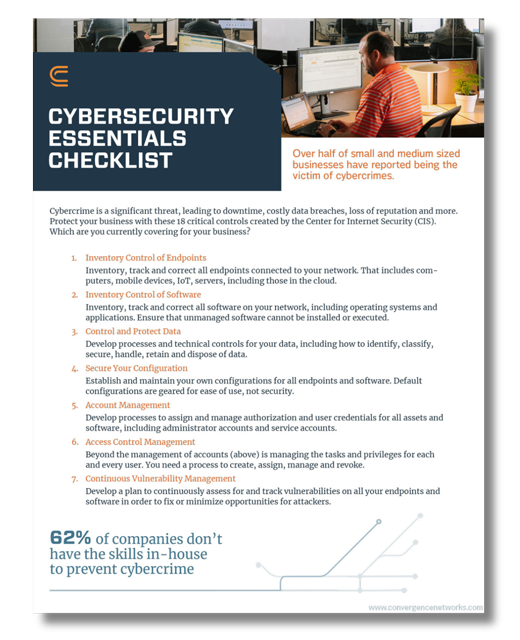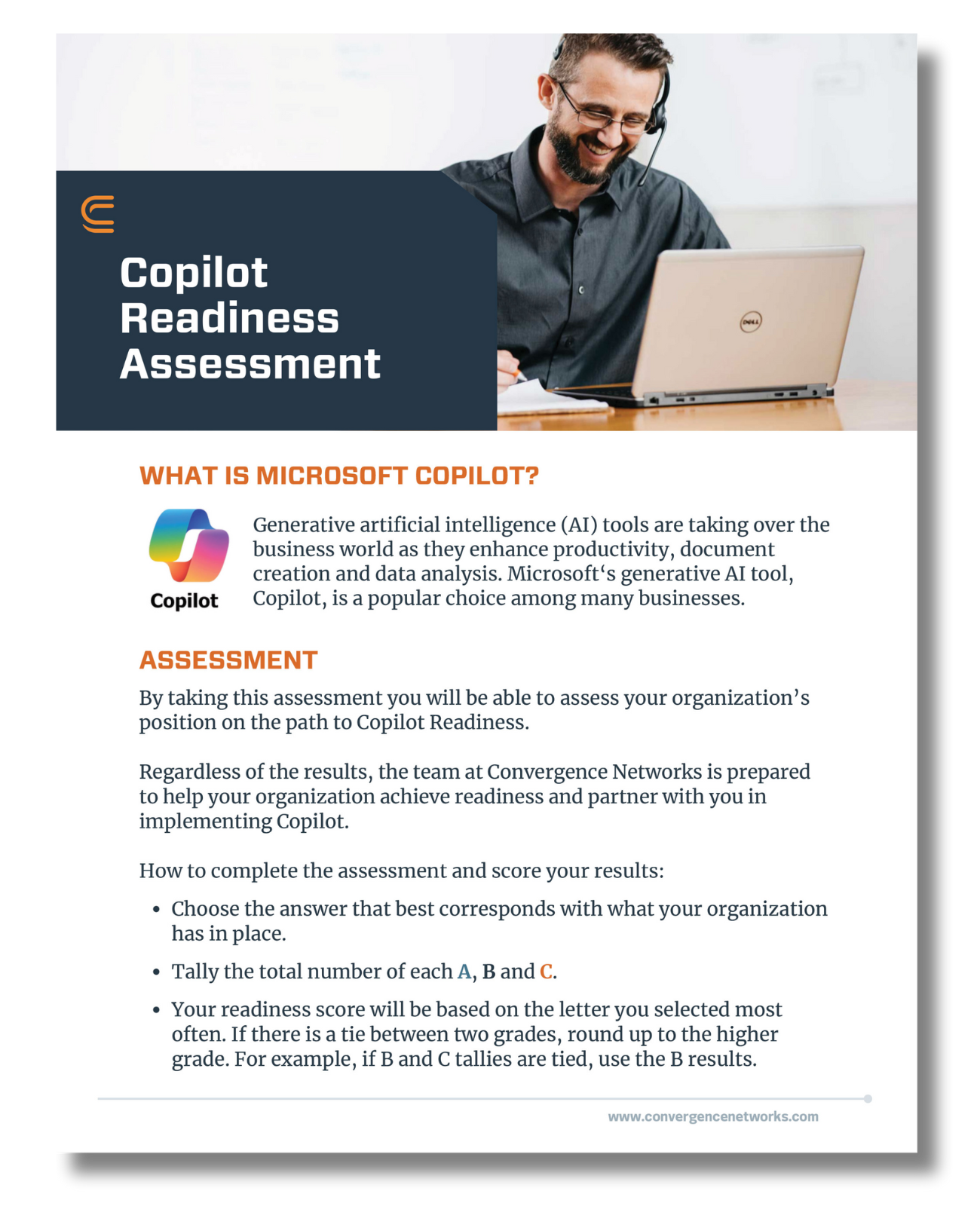“GPT-4 was the dumbest model any of us will have to use again.” – Sam Altman, CEO, OpenAI
With the release of GPT-5, OpenAI has introduced a single, more intelligent, and more responsive model that replaces the fragmented GPT-4 era. Instead of juggling GPT-4, GPT-4-Mini, or o3, users now get one seamless experience that balances speed, reasoning, and accuracy automatically.
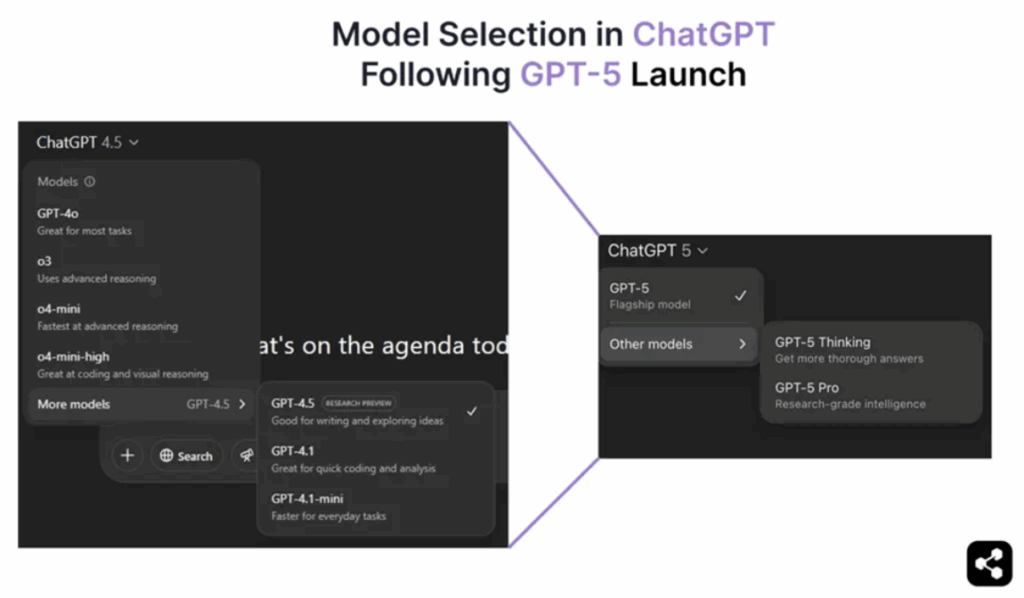
But the transition hasn’t been without mixed emotions.
Mixed Reactions: From Friends to Formality
For many, GPT-4 felt like a close companion, witty, approachable, and fun. GPT-5, on the other hand, feels more professional, structured, and serious. The contrast is captured perfectly in the viral comparisons:
- GPT-4: represented as a warm, casual dinner with friends.
- GPT-5: represented as a formal handshake in a boardroom.

And users have echoed this sentiment and have expressed how it feels like as if they have lost a friend
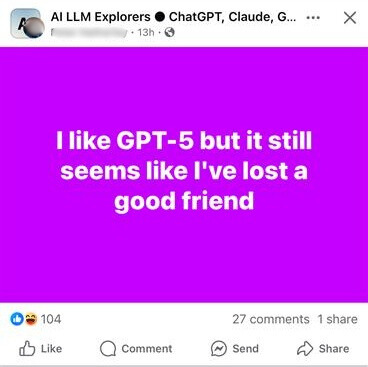
This shift highlights the balance between progress and personality. GPT-5 is undeniably smarter, safer, and more capable, but some users miss the lighter, more human-like interactions they had with GPT-4.
What Makes GPT-5 Different?
Sam Altman, CEO of OpenAI, has described GPT-5 as a revolutionary leap, calling it “a crazy amount of power for one piece of technology” and emphasizing that it represents an unprecedented level of capability.
- Smarter Routing and Performance
GPT-5 automatically decides how much reasoning effort is required, removing the need to pick between speed and depth. - New Personalities
You can now choose pre-set tones like Supportive, Concise, and Professional, or Lightly Sarcastic, ensuring consistency throughout a conversation. - Longer Context Windows
With support for up to 400,000 tokens, GPT-5 can handle entire books, large codebases, or extremely long conversations without losing track. - Safer, More Useful Completions
Instead of shutting down with refusals, GPT-5 explains limitations while still offering safe, relevant answers. - Developer Flexibility
Features like reasoning controls, verbosity limits, and custom tool integration make GPT-5 easier to adapt to complex workflows. - Productivity Integrations
GPT-5 connects directly with Gmail and Google Calendar, drafting responses and helping manage schedules.
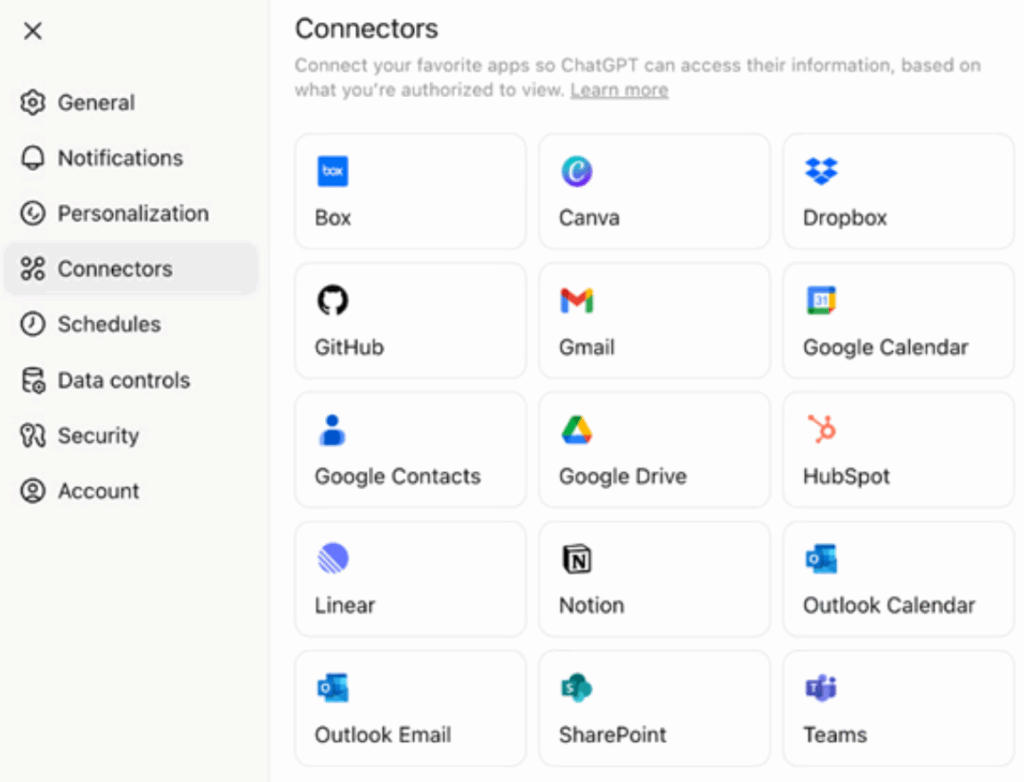
The Bigger Picture
GPT-5 sets a new benchmark for AI systems: smarter and more versatile. Yet, as powerful as it is, it also signals a cultural shift. GPT-4 felt like chatting with a friend. GPT-5 feels more like working with a highly skilled consultant. Both experiences have value, but the difference explains why users feel both excitement and nostalgia.
A Final Word of Caution
It’s crucial to ensure your organization is ready to leverage AI responsibly, whether with GPT-5 or any other platform. While these tools are powerful, they also come with risks that business leaders cannot ignore:
- Exposure of sensitive or confidential company data
- Use of tools with unclear or weak data privacy protections
- Unreliable results that can impact decision-making
- Unexpected charges from usage-based AI platforms
Learn more about this topic in our recent blog on The Risks of Unmanaged Usage of AI in the Workplace.
Progress always comes with trade-offs. With GPT-5, OpenAI has given us a more capable model, but also a reminder: power, safety, and trust must evolve together.







